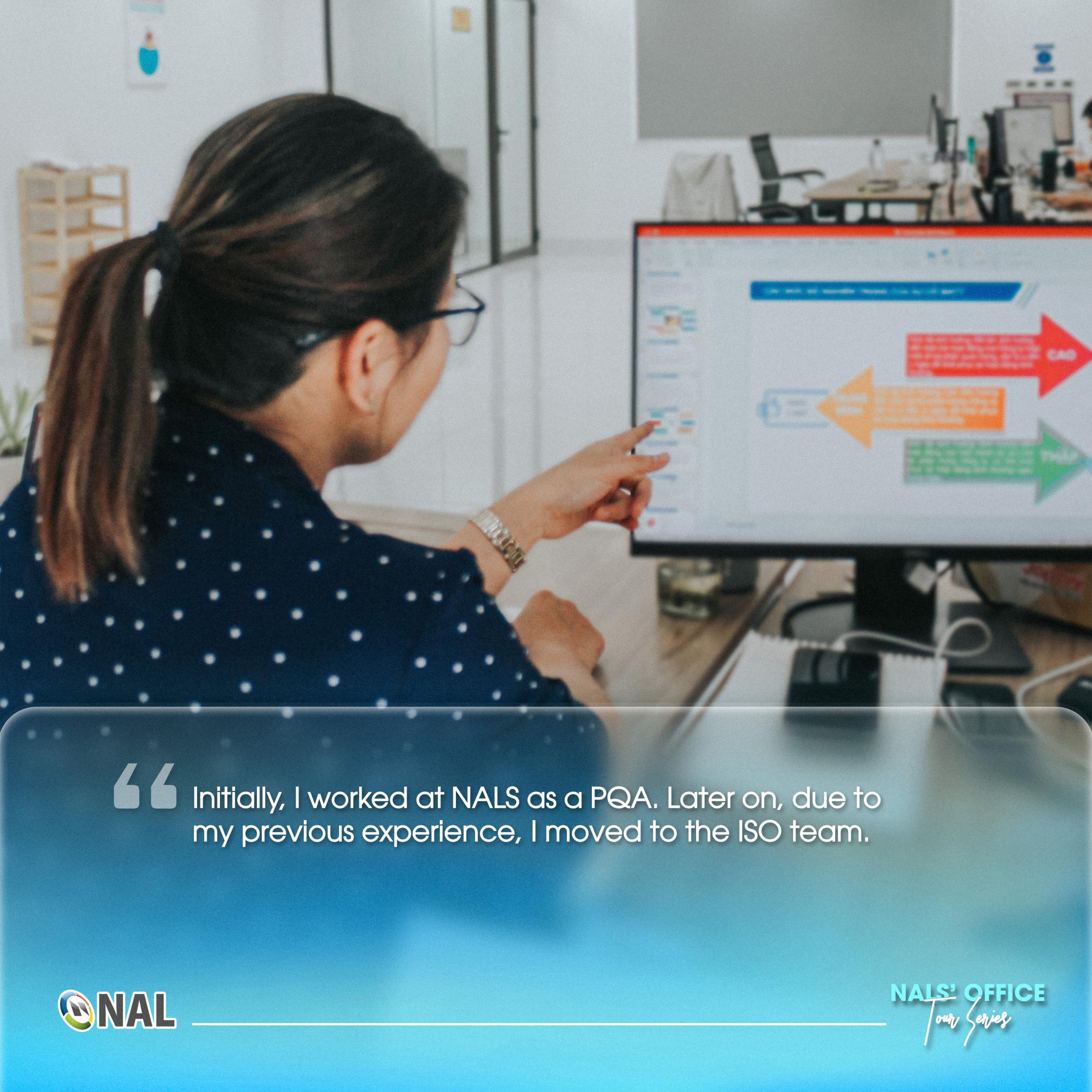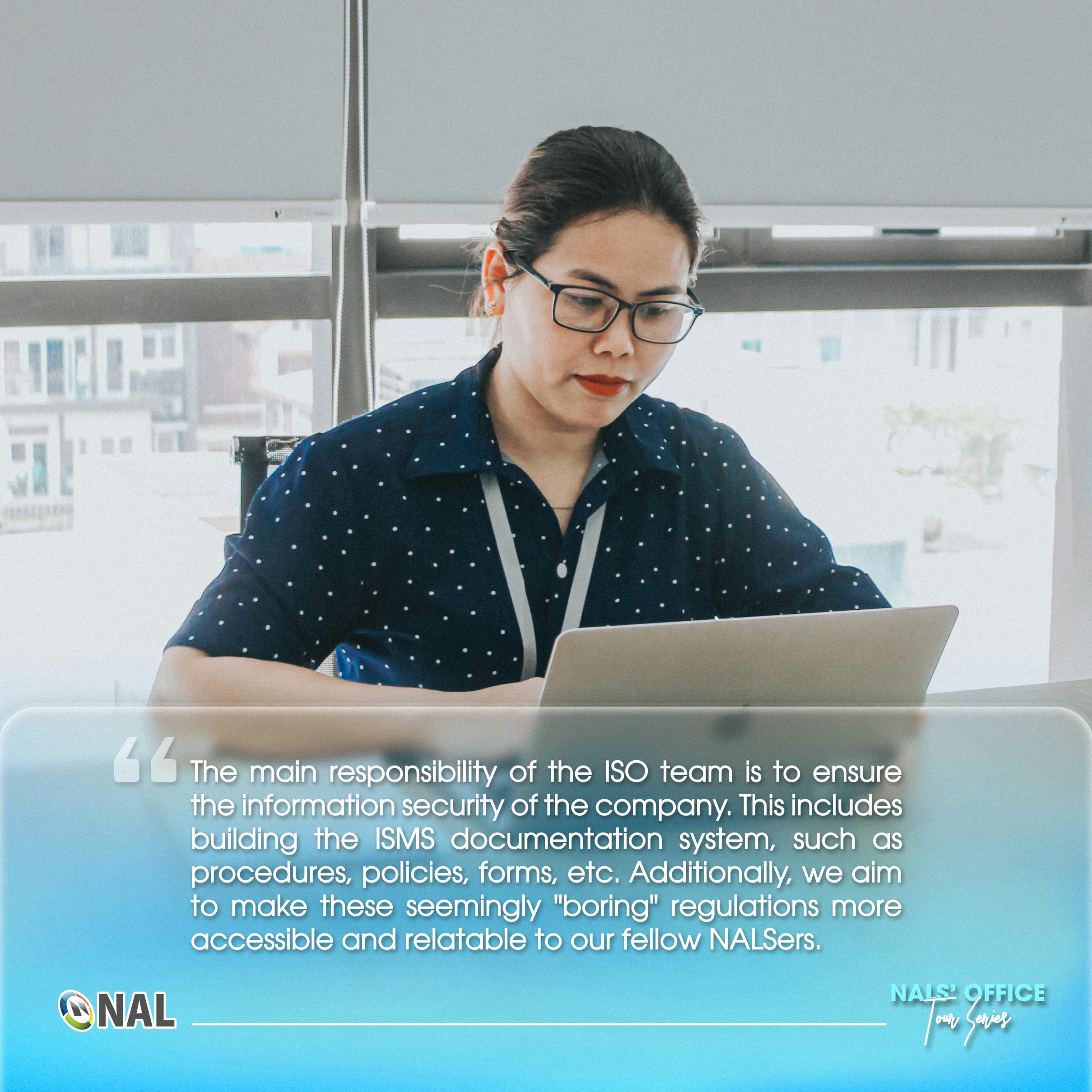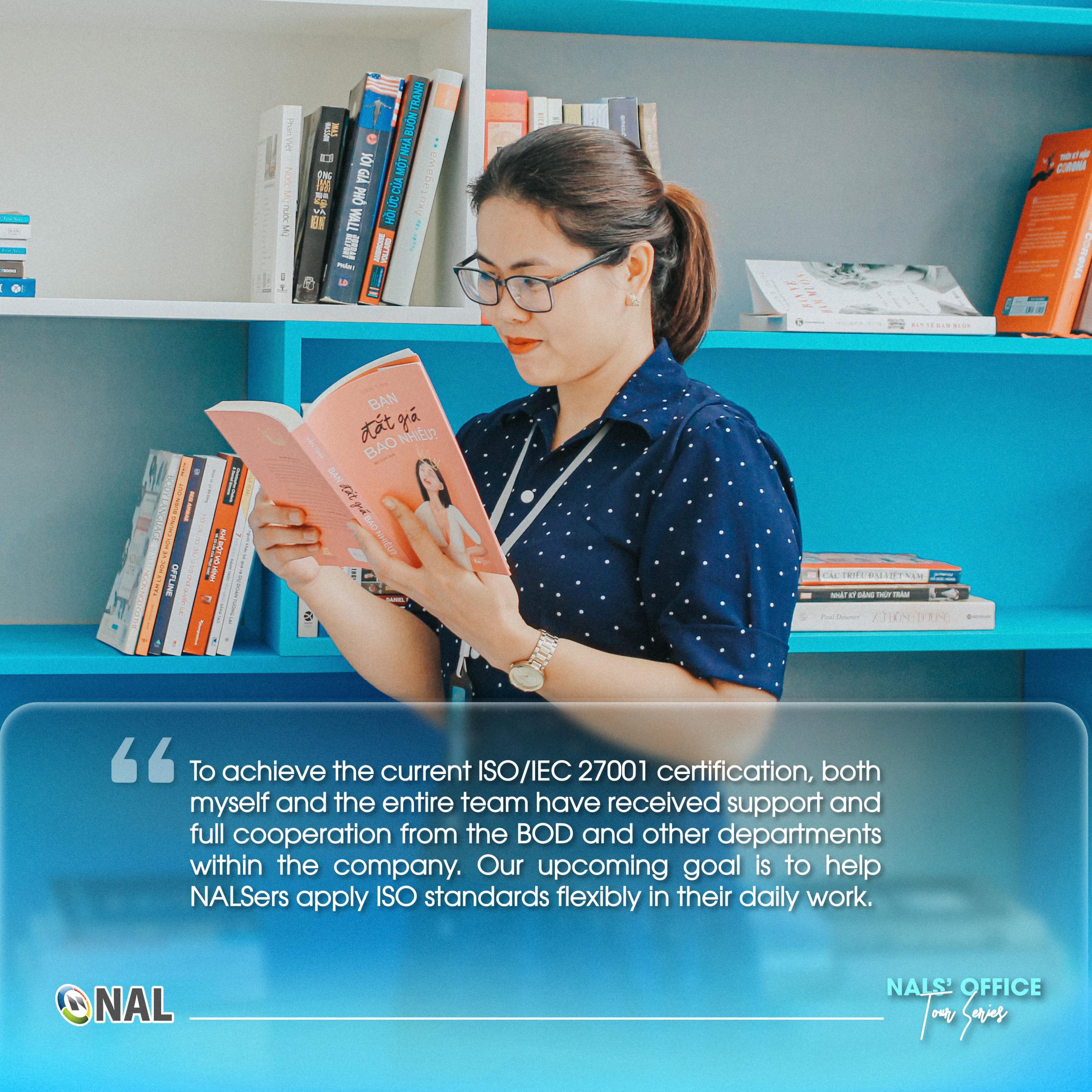Roles of a PQA:
PQA professionals play a vital role in ensuring that products meet quality standards and customer expectations. Their expertise in quality planning, testing, defect management, process improvement, and effective collaboration contributes to the delivery of high-quality products that drive customer satisfaction and business success.
The role of a PQA (Product Quality Assurance) professional encompasses various responsibilities related to ensuring the quality and reliability of products. Here are some key roles of a PQA:
Quality Planning: PQA professionals develop quality plans and strategies for products or projects. They collaborate with cross-functional teams to define quality objectives, standards, and metrics, ensuring they align with customer requirements and industry best practices.
Test Planning and Execution: PQA professionals create comprehensive test plans and test cases to verify the functionality, performance, and usability of products. They conduct various types of testing, including functional testing, regression testing, and performance testing, to identify defects and ensure that products meet quality standards.
Defect Management: PQA professionals play a critical role in defect management. They track and document defects, prioritize them based on their severity, and work closely with development teams to ensure timely resolution. They also participate in root cause analysis to identify the underlying causes of defects and recommend preventive actions.
Process Improvement: PQA professionals actively contribute to process improvement initiatives. They analyze existing quality processes, identify areas for improvement, and propose enhancements to optimize efficiency and effectiveness. They may implement quality assurance tools and techniques to streamline processes and improve overall product quality.
Documentation and Reporting: PQA professionals are responsible for maintaining comprehensive documentation related to quality assurance activities, including test plans, test results, and defect reports. They generate quality metrics and reports to provide insights into product quality and track progress against quality goals.
To become a successful PQA, you will need:
Strong Quality Assurance Knowledge: Develop a deep understanding of quality assurance principles, methodologies, and best practices. Familiarize yourself with industry standards and frameworks such as ISO, CMMI, or Agile.
Testing and Technical Skills: Gain proficiency in testing techniques, test planning, and test execution. Acquire knowledge of various testing types, including functional testing, regression testing, and performance testing. Familiarize yourself with testing tools and frameworks used in the industry.
Communication and Collaboration: Possess excellent communication skills to effectively collaborate with cross-functional teams, including developers, project managers, and stakeholders. Clear and concise communication is essential for sharing test plans, reporting defects, and presenting quality metrics.
Adaptability and Continuous Learning: Stay up-to-date with the latest trends and advancements in quality assurance. Embrace new technologies, tools, and methodologies to continually enhance your skills and adapt to evolving industry practices.
PQA Career Path and Opportunities:
Quality Assurance Analyst: you will gain practical experience in testing methodologies, and learn about quality assurance processes. Later on, you will handle more complex testing projects, create test plans, execute test cases, and contribute to overall product quality.
Senior Quality Assurance Analyst: With years of experience, you can advance to a senior-level position. As a Senior QA Analyst, you will lead testing efforts, coordinate with cross-functional teams, provide guidance to junior analysts, and be responsible for ensuring high-quality products.
Quality Assurance Manager: With significant experience and leadership skills, you can progress to a managerial position. As a QA Manager, you will be responsible for the overall quality assurance strategy, managing QA teams, implementing quality processes, and ensuring adherence to quality standards. In this role, you will oversee a team of QA professionals. You will be responsible for managing testing projects, assigning tasks, mentoring team members, and ensuring effective collaboration within the team.
Quality Assurance Consultant: You can work independently or with consulting firms, offering your expertise in quality assurance to clients in various industries. This role involves providing guidance on QA processes, conducting assessments, and helping organizations improve their overall quality assurance practices.
Success Story of a PQA at NAL Solutions:
Let’s explore the successful journey of Ms. N.T. Lâm, a valued member of the ISO team at Nal Solutions. With the recent achievement of the ISO/IEC 27001:2022 certification, awarded by the BSI certification organization, Nal Solutions’ information security system stands as a testament to the dedication and hard work of the ISO team.
Ms. Lâm’s journey began in the PQA position at Nal Solutions. However, due to her relevant experience and the trust placed in her by the BoD, she transitioned to the ISO team. Her role revolves around contributing to the construction, reinforcement, and improvement of the company’s Management System in accordance with ISO standards.
The tasks of the ISO team are multifaceted. They involve building the ISMS documentation system, monitoring the implementation of ISO procedures, conducting internal assessments based on ISO standards, handling IT incidents, and obtaining other certifications such as ISO 9001. Ms. Lâm, along with the ISO team, faces the challenge of bridging the gap between the seemingly dry ISMS standards and the Nal Solutions team. However, through their dedication and participation in ISO/IEC 27001 certification assessments, they have received enthusiastic support from all departments.
To excel in the ISO role, in-depth expertise in ISO, understanding of production processes, and mastery of quality control are crucial. Additionally, Ms. Lâm shares an effective tip for their work – the application of the PDCA cycle (Plan-Do-Check-Act) in every task, ensuring continuous improvement and efficiency.
Ms. N.T. Lâm’s success story as an ISO team member reflects the commitment of Nal Solutions to information security and adherence to international standards. Her invaluable contributions and the efforts of the ISO team have achieved ISO certification and fostered a culture of information security within the organization.
Read the related article: Get to know the Front-End developer at NAL Solutions



